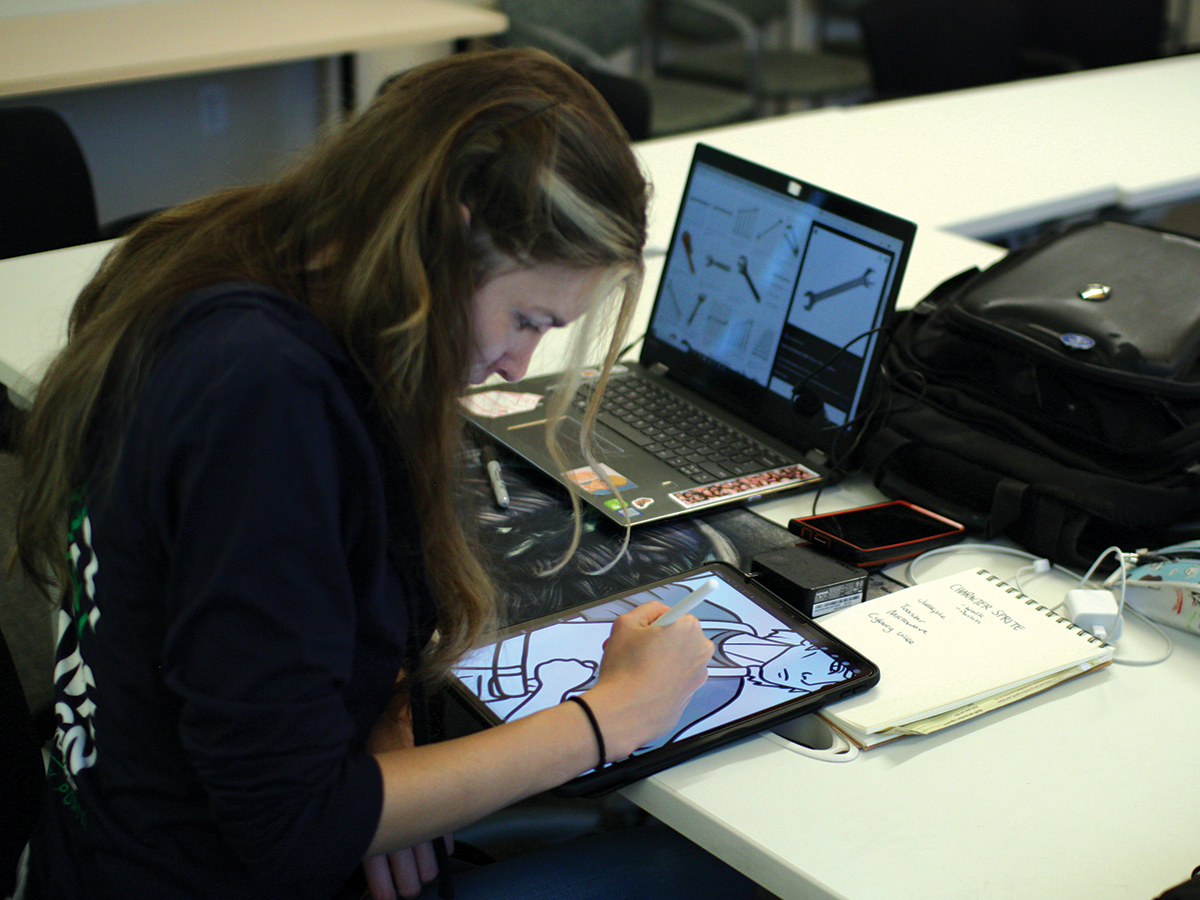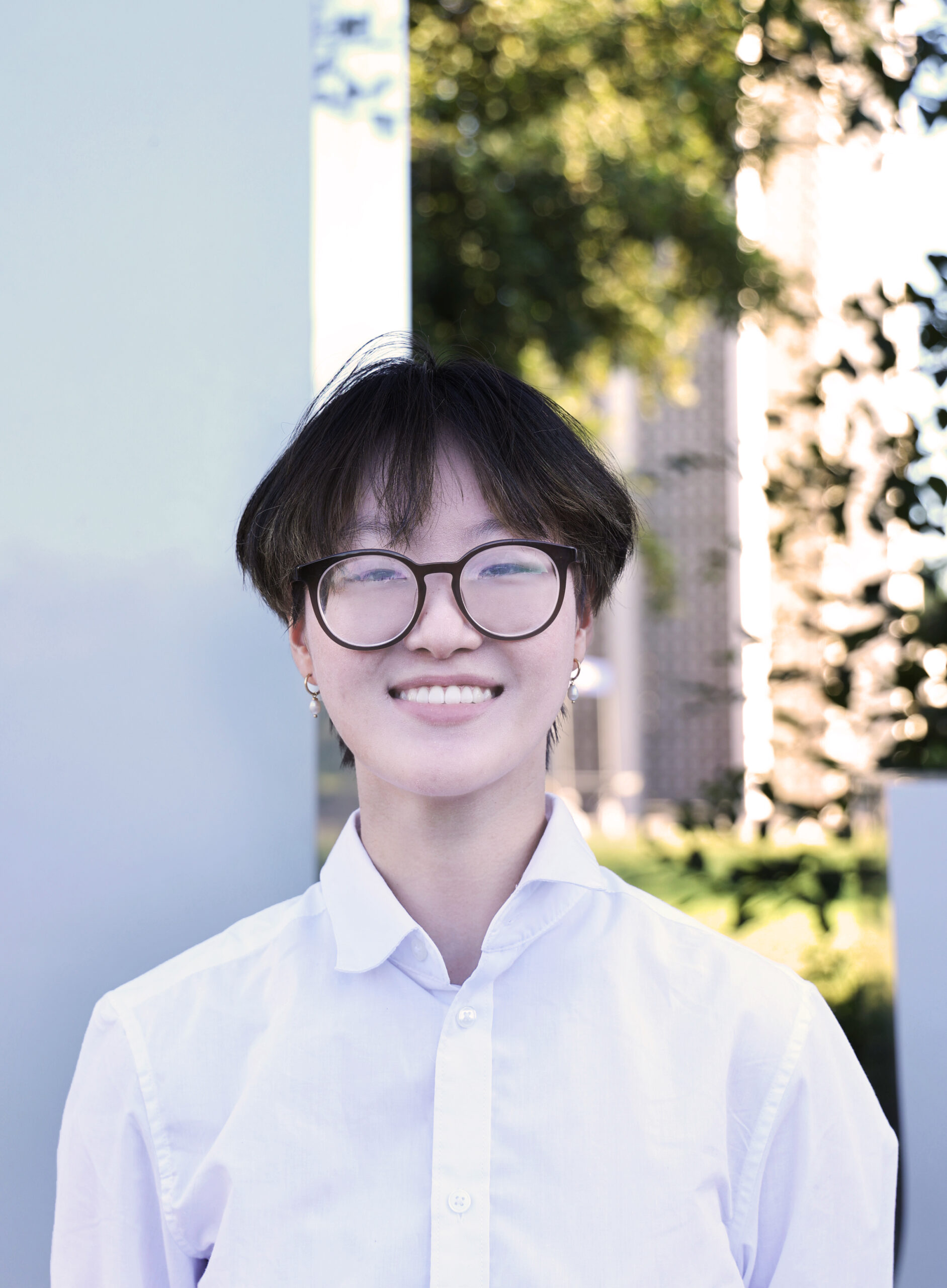As winter approaches, students are preparing their term plans and living arrangements for the upcoming winter quarter, but the threat of COVID-19 is still very palpable. The 2021-2022 school year proves to be an unyielding challenge for Highlander students, faculty and staff as the transition from remote learning to in-person classes has taken a toll on the UCR community. The recent development about the shift to 95% in-person winter classes has become a hotly debated topic throughout the community.
Provost and Executive Vice Chancellor Elizabeth Watkins announced that 95% of winter classes will be in-person. Winter quarter begins on Jan. 3, 2022.
“After consulting with the faculty Senate, I am pleased to announce that winter quarter classes will be scheduled at normal seating densities in their usual rooms. The only remote courses will be those that are normally offered online, usually around 2-3% of all courses, and another group that will be approved by exception for instructors who live with immunocompromised individuals or young children who are not yet eligible for a COVID-19 vaccine, likely another 2-3%. Overall, we expect around 95% of our classes will be in-person in winter quarter,” Watkins wrote.
According to Watkins, the Senate’s Executive Council members reaffirmed the current in-person plans. Exceptions will be made for instructors living with immunocompromised individuals or with young children who are not eligible for a vaccine and who are not attending in-person school or daycare. Instructors are advised to submit requests for exceptions in early December through a similar process that was implemented for the current fall quarter.
This provision will be extended for all staff in an equivalent situation and for whom remote work is feasible for winter quarter. Staff members will be eligible to request remote work through consultation with their direct supervisors and local HR partners. According to a Sept. 16, 2021 announcement for the fall quarter, it should be noted that approvals are not guaranteed and should be regularly revisited by supervisors to ensure they meet the

workload requirements of the unit and adhere to current health and safety regulations.
After closing the campus in response to the COVID-19 pandemic in March 2020, UCR reopened the fall quarter with 80% of UCR courses meeting in person. However, depending on the conditions of the class, some in-person classes were moved online. Other classes gave students the option of attending in person or remotely.
According to current vaccination rates, 96.3% of students and 86% of employees are reported to be vaccinated. A combined 94.7% of the UCR community are reported to be vaccinated. UCR faculty and staff have been hard at work prioritizing the community’s health in light of the COVID-19 pandemic.
However, the current issues with understaffing and the disconnect of the UCR Executive Council members from the UCR community have done little to alleviate the UCR community’s concern about the programming of the upcoming winter quarter, especially the concerns of students.
The current understaffing breeds doubt on whether or not the UCR campus will be able to adequately accommodate the 95% in-person winter programming. UCR dining halls have been severely understaffed and are struggling to accommodate the current student population. Lothian dining hall remains closed until further notice. Meanwhile, Glasglow dining hall and the Glen Mor Marketplace are in service.
“The most noticeable understaffing to students right now is related to basic needs like student access to food. Parking space is hard to find already, and the UCR campus seems underprepared. It does not seem like a good idea right now to have 95% in-person classes,” says Bach Tran, a second-year economics major who has been living on campus this fall quarter.
UCR has enrolled a total 26,847 undergraduate and graduate students for the 2021 year. That represents a 1.6% increase from the total enrollment in fall of 2020.
Students have expressed deep concern about the safety of not only themselves being on-campus for winter quarter, but also the safety of their friends and the rest of the UCR community. Many of the concerns brought up by the community remain unresolved by the official announcement. It is unclear whether UCR will be able to solve the understaffing before winter quarter and whether the input of the UCR community will be seriously considered.
“I have peers who have been forced to move or relocate due to the pandemic, and this announcement has created a certain amount of anxiety for those students who are now being called back to campus. I personally do not recall being asked if this is something students, faculty and staff felt comfortable with prior to this announcement,” states Hannah Hoff a third-year gender and sexuality studies major and transfer student. “Making a decision such as this one in the middle of the academic year following a holiday season does not feel like the safest option for our community. As someone who is in all virtual classes this semester, the idea of being fully back on campus does not feel like an option but more of a demand. The day the announcement came out, all of my classes discussed it. Students talked about fear of exposure, having to relocate or fear of risking the health and safety of loved ones at home. Overall, this is why we are working on a petition and why I continue to ask questions in my classes about how students are feeling.”
Hoff and her peers are working on a petition against the 95% in-person winter classes in hopes of uplifting the voices of the UCR community. According to Hoff, it is still in its planning stages. “I just hope that the university considers giving students more options for what fits their current situation.”
As of now, it is highly likely that 95% of classes will be in person for the winter quarter.









